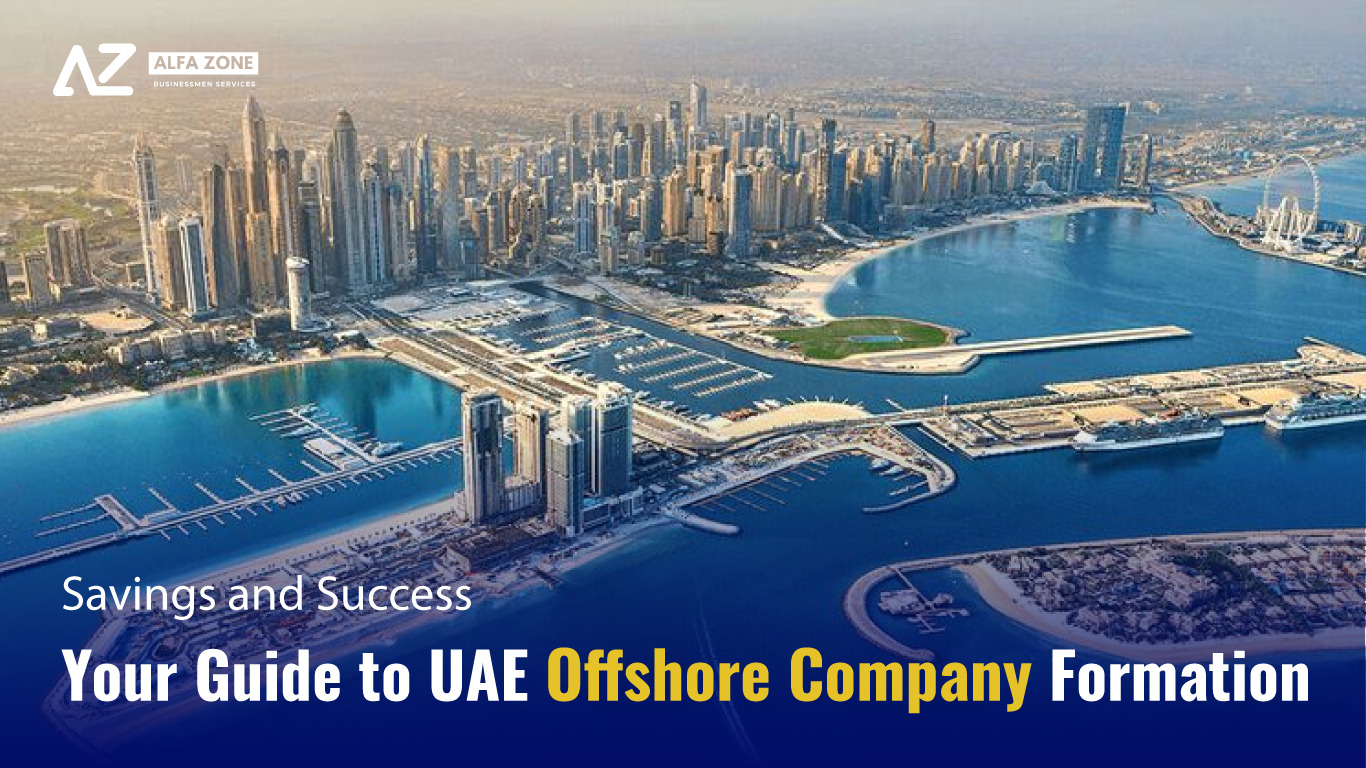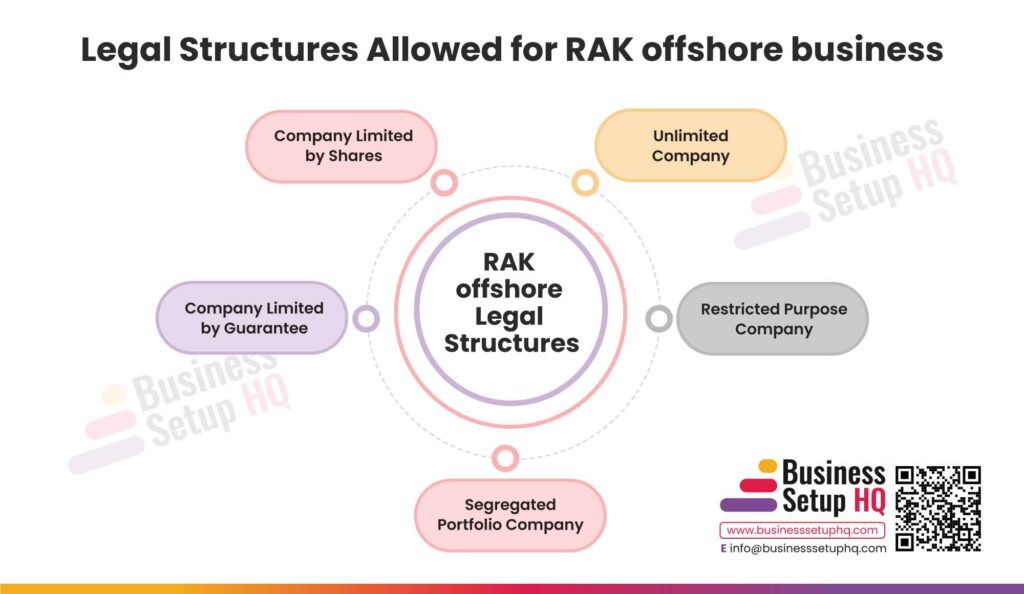Recognizing the Process of Offshore Firm Formations: A Detailed Guide
Offshore business developments entail a series of methodical steps that require cautious factor to consider. Picking the ideal territory is vital, as it affects legal conformity and tax advantages. Following this, one need to choose a proper company structure and prepare essential paperwork. Each phase offers its own obstacles and ins and outs, making it necessary to comprehend the process thoroughly. The intricacies of maintaining compliance and steering via policies will certainly soon end up being apparent.
Selecting the Right Jurisdiction
When selecting a territory for overseas business formation, exactly how does one identify the most appropriate choice? Numerous variables must be taken into consideration to ensure ideal benefits. Mostly, potential company owners must assess the jurisdiction's credibility and security. A well-regarded area boosts reputation and may draw in financiers. Additionally, tax obligation policies play a significant function; some territories provide beneficial tax rates or exceptions, making them appealing for long-lasting financial planning.Legal and regulatory structures are likewise vital. A jurisdiction with simple compliance procedures can help with smoother operations. In addition, the schedule of specialist solutions, such as legal and accountancy assistance, can streamline continuous management.Lastly, geographical considerations, including time area compatibility and availability, ought to not be overlooked. By examining these necessary aspects, business owners can make educated choices, selecting the jurisdiction that straightens ideal with their certain business objectives and operational requirements.
Recognizing Legal Demands
Comprehending the lawful demands for offshore company development is crucial for business owners looking for to navigate the complexities of worldwide business. Each territory has its very own specific guidelines and conformity commitments that should be stuck to for a successful arrangement. Key factors to consider consist of enrollment procedures, capital needs, and ongoing coverage obligations. Entrepreneurs have to likewise understand tax effects and any type of potential double taxes treaties in between their home nation and the overseas jurisdiction.Additionally, it is very important to understand the local regulations surrounding organization operations, consisting of labor regulations and licensing requirements. Failing to adhere to these legal stipulations can lead to penalties, consisting of penalties and even dissolution of the business. Therefore, looking for lawful assistance or seeking advice from with an expert company concentrating on overseas developments can assist ensure that all lawful requirements are met, ultimately promoting a smoother establishment and operation of the overseas entity.

Picking Business Framework
When selecting a firm structure for offshore developments, people have to take into consideration numerous kinds readily available, each offering distinctive advantages. Legal considerations and compliance demands play a vital role in figuring out one of the most ideal alternative. Furthermore, comprehending tax obligation effects and advantages can substantially influence the decision-making process.
Sorts Of Company Structures
Picking the ideal business structure is a vital decision that can considerably affect the procedures and tax commitments of an offshore organization. There are a number of kinds of company structures offered for consideration, each with its unique benefits and downsides. The most common frameworks consist of restricted obligation business (LLCs), which supply liability security and flexibility in management; companies, which use strong property security and can attract investors; and collaborations, which permit shared duties and revenues amongst partners. In addition, single proprietorships are a choice for individuals seeking full control yet with personal liability. Comprehending these frameworks assists organization owners make educated options that align with their objectives and operational demands while maximizing tax performances.
Legal Factors To Consider and Conformity
How can entrepreneur assure they fulfill lawful requirements while choosing an offshore business framework? This involves understanding the specific laws and compliance responsibilities associated with numerous territories. Company owner must perform extensive research study to determine the lawful ramifications of various business kinds, such as limited liability business (LLCs) or global service companies (IBCs) Consulting with lawful professionals experienced in overseas formations is important to browse complex legislations. In addition, they should establish the picked structure lines up with their organization goals and operational requirements. Conformity with neighborhood laws, consisting of enrollment, reporting, and governance requirements, is critical to stay clear of lawful problems. Correct documents, openness, and adherence to worldwide requirements better enhance the authenticity and sustainability of the offshore entity.
Tax Obligation Effects and Advantages
When picking an offshore business framework, company owners often encounter considerable tax ramifications and advantages. The choice of framework-- whether a minimal liability collaboration, business, or company-- straight affects tax obligation commitments. For instance, some territories offer beneficial tax rates or exceptions for certain sorts of entities, which can minimize general tax obligation obligation. Furthermore, offshore companies might supply opportunities for tax deferment, enabling earnings to grow without prompt taxes. Nevertheless, it is crucial to understand the regional tax obligation laws and any global tax treaties that may apply. Correctly structuring the business can additionally help with property security and earnings diversity, making it vital for entrepreneur to talk to tax obligation experts to navigate these intricacies successfully.
Preparing Needed Documents
A thorough collection of documents is crucial for the effective formation of an offshore business. These documents commonly include a memorandum and posts of association, which lay out the firm's framework and regulations. Recognition papers for all supervisors and shareholders are also required, normally including a ticket or national ID. Evidence of address, such as energy bills or bank statements, is essential see page to verify the identities of these individuals.Additionally, a thorough service plan may be asked for to clarify the desired activities and the functional structure of the business - offshore company formations. Some jurisdictions might call for a declaration of beneficial possession, exposing the true owners behind the company. It is essential to assure that all documentation adheres to local legislations and regulations to stay clear of delays. Proper prep work of these records not only promotes a smoother development procedure however also lays a strong foundation for the business's future procedures
Opening a Savings Account
After preparing the needed paperwork for the overseas company, the next step involves opening a savings account to assist in monetary operations. This account is vital for managing funds, performing deals, and guaranteeing smooth company operations.Selecting a suitable financial institution is important; variables why not check here such as the bank's reputation, costs, and services need to be thoroughly taken into consideration. Some financial institutions might require additional documentation, consisting of identification, proof of address, and organization plans. It is a good idea to pick a financial institution that recognizes the special requirements of offshore companies.Once the choice is made, the account opening procedure generally includes sending the required records and going through a due diligence process. This might include background checks to follow global regulations. After approval, the overseas business can access its financial solutions, allowing it to run efficiently in the global market and handle its financial activities effortlessly.
Maintaining Conformity and Coverage Commitments

While developing an overseas business offers various advantages, maintaining conformity with neighborhood and international regulations is crucial for its long-term success. Companies must be attentive in adhering to the legal frameworks of the jurisdictions in which they run. This includes timely submission of annual returns, financial statements, and any needed tax filings.In numerous cases, offshore entities are subject to anti-money laundering (AML) and know-your-customer (KYC) policies. Non-compliance can result in severe penalties, including penalties and criminal fees. In addition, engaging a neighborhood conformity police officer or lawful advisor can aid navigate the complicated regulatory landscape.Companies must additionally stay informed concerning adjustments in regulation that might influence their operations. Routine audits and evaluations of internal processes can guarantee adherence to reporting obligations. Inevitably, keeping compliance not only protects the business's online reputation however also enhances its operational efficiency and sustainability in the affordable worldwide market.
Regularly Asked Inquiries
What Are the Costs Associated With Offshore Business Development?

How much time Does the Offshore Business Formation Process Take?
The offshore firm development process usually spans from a few days to numerous weeks. Variables affecting this timeline include territory regulations, paperwork demands, and the efficiency of service carriers included in the formation procedure.
Can I Operate My Service in Multiple Nations?
Running an organization in several countries is possible, offered one adhere to each jurisdiction's guidelines. International laws, tax obligation commitments, and neighborhood functional requirements have to all be taken into consideration to ensure effective cross-border organization tasks.
Exist Tax Benefits for Offshore Firms?
The inquiry of tax benefits for offshore business often develops. Many territories offer reduced tax obligation incentives, rates, or exemptions, which can lead to considerable savings. Nonetheless, policies and conformity needs have to also be thoroughly considered.
What Happens if I Don't Follow Rules?
Non-compliance with regulations can bring about serious repercussions, including significant penalties, potential criminal charges, and the dissolution of the company. Regulatory authorities may likewise start examinations, seriously affecting the business's credibility and functional capacities. Choosing the appropriate company framework is an essential decision that can substantially influence the procedures and tax obligations of an offshore business. Service proprietors need to carry out complete study to recognize the lawful ramifications of various firm kinds, such as limited liability companies (LLCs) or international service companies (IBCs) Company proprietors frequently encounter significant tax effects and advantages when choosing an offshore firm structure. The prices entailed in overseas company formation generally consist of enrollment fees, legal expenditures, yearly maintenance charges, and potential tax obligations. The inquiry of tax obligation benefits for go to website overseas business typically arises.
Comments on “offshore company formations and Tax Benefits: How to Legally Minimize Tax”